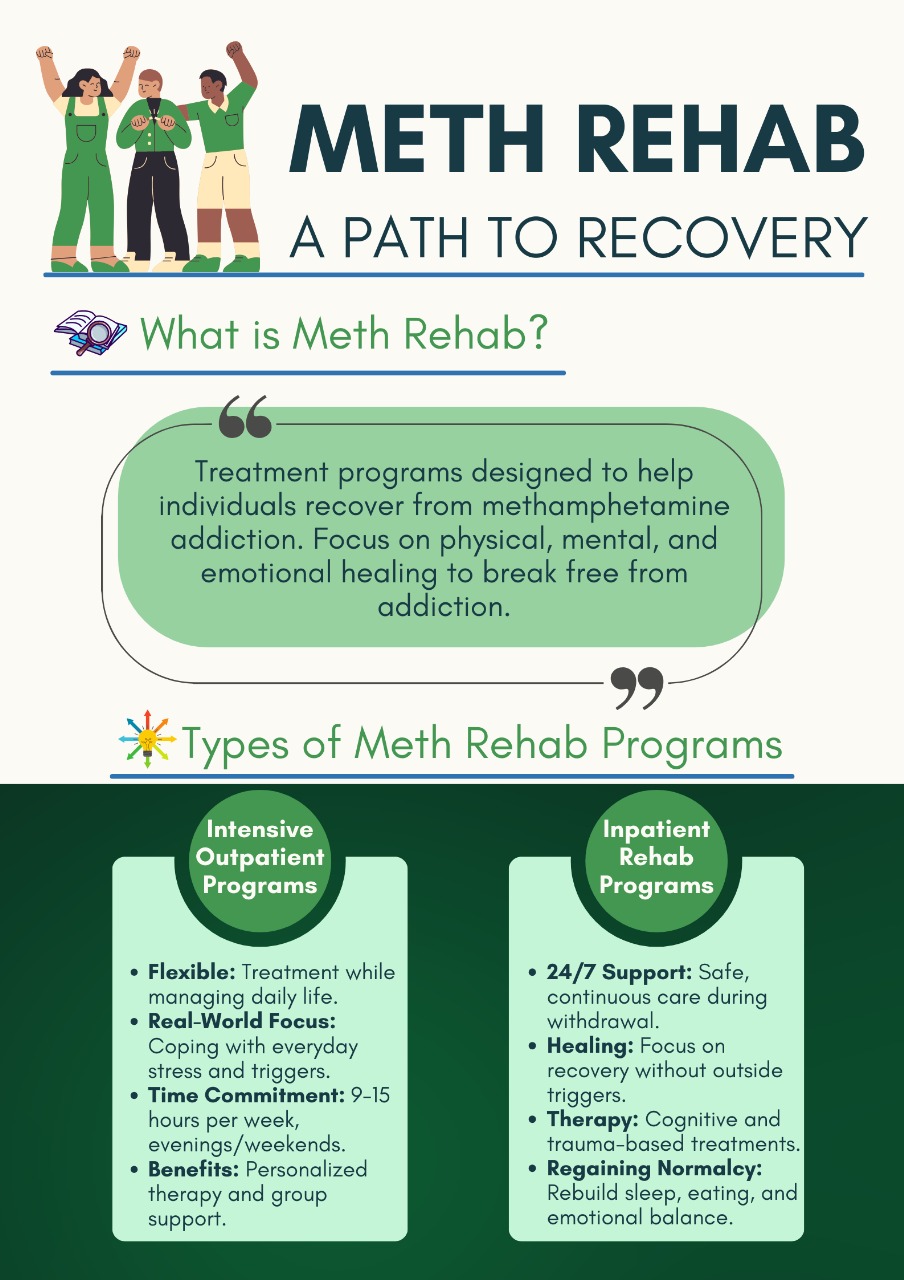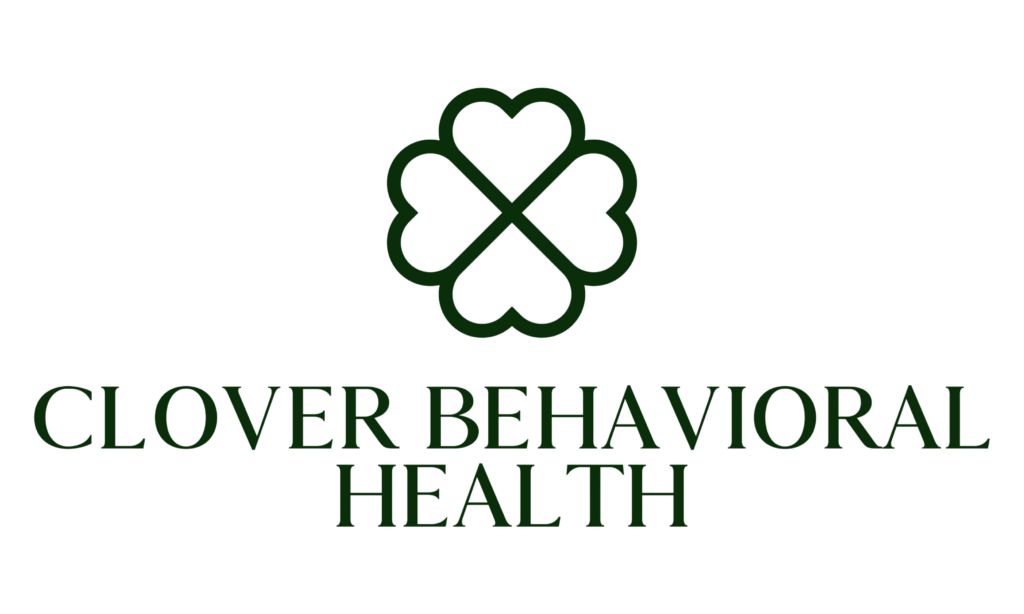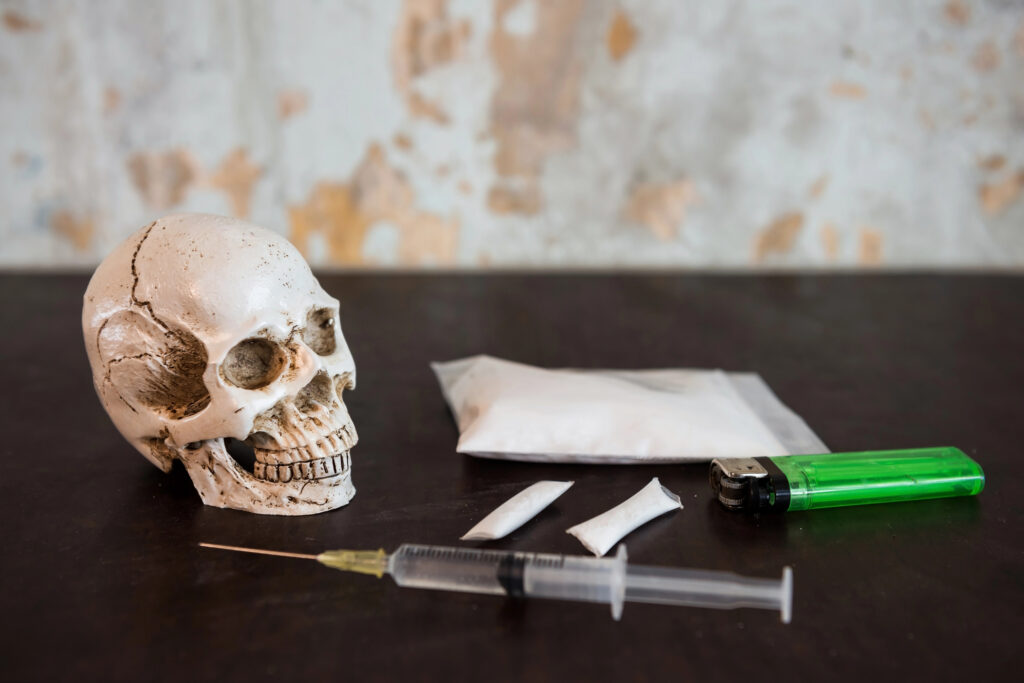Classical Conditioning and Triggers: What Pavlov’s Dogs Reveal About Addiction Treatment in Chelmsford
The intersection near the old Cumberland Farms looks exactly the same as it did yesterday. Same faded crosswalk paint, same flickering streetlight, same pothole your car bounces over. But today, driving past it, your heart starts racing. Your palms get sweaty. There’s no logical reason for it, but your body is screaming for something you’ve been clean from for two months now.
You haven’t even seen anything. Haven’t smelled anything. Yet, your brain remembers this corner, and it’s pulling every alarm it can reach.
Welcome to classical conditioning in action. And before you start beating yourself up about it, know this: your brain is doing exactly what brains are supposed to do. The question isn’t how to stop having these reactions. It’s how to change what comes next.
The Dogs That Taught Us Everything About Automatic Responses
Back in the 1890s, Russian scientist Ivan Pavlov was studying digestion in dogs. Simple enough research. Dogs see food, dogs drool, and dogs eat. That’s when Pavlov noticed something weird happening in his lab.
The dogs started drooling before they saw food. At the sound of footsteps in the hallway. At the sight of the lab assistant who usually fed them. Eventually, at the sound of a bell that had been rung right before mealtime.
The dogs were not drooling by choice. Their bodies had become accustomed to the fact that some sounds and sights signaled the arrival of food, and they were preparing, whether they liked it or not.
This is what Pavlov referred to as classical conditioning. The bell didn’t naturally make dogs drool, but after being paired with food enough times, the bell alone could trigger the same physical response as seeing an actual steak.
Your brain works the same way. It is continually seeking patterns, making guesses about what is yet to come, and organizing your body in advance about what it believes you will require.
Your Brain Is Trying to Help (Even When It Is Not)
That intersection near Cumberland Farms? Your brain has connected it with using. Not because you’re weak or because you don’t really want to be sober, but because that’s where your brain learned to expect drugs. It’s trying to get your body ready for what it thinks is about to happen.
The smell of certain cleaning products that reminds you of the bathroom where you used to shoot up. The sound of ice clinking in a glass. The feeling of cash in your wallet on Friday afternoon.
These aren’t moral failings. They’re conditioned responses. Your brain is forming associations and then acting on them faster than your conscious mind can catch up.
Here’s the thing Pavlov discovered that changes everything: these responses can be unlearned. Not quickly, not easily, but they can change.
Why Understanding This Changes Everything About Treatment
Traditional addiction advice often sounds like this: avoid your triggers. Stay away from people, places, and things that remind you of using. Build a new life with zero connection to your old one.
Come on, you live in Chelmsford, not on Mars. You can’t relocate to a trigger-free planet. You need to drive past that street. You need to handle money. You need to exist in the same world where you used to use.
Addiction treatment in Chelmsford works differently. Instead of teaching you to run from every trigger, it teaches you to change what happens after the trigger hits.
Remember Pavlov’s dogs? They eventually stopped drooling at the bell. Not because they forgot what bells sounded like, but because the bell stopped being followed by food. The connection weakened. New associations formed.
Rewiring Takes Time (And That’s Perfectly Normal)
If your brain is going to form associations whether you want it to or not, why not give it better ones to work with?
Your addiction treatment sessions aren’t just about talking through feelings. They’re about creating new associations and neural pathways. Every time you experience a trigger and don’t use, you’re teaching your brain that the old pattern doesn’t work anymore.
That intersection where you used to score? Now it’s where you turn to go to group meetings. The stress you feel after difficult days at work? Now it’s connected to the gym, or calling someone from your support network.
This is why early recovery feels so exhausting. You’re not just fighting cravings. You’re rewiring decades of learned responses while trying to live your regular life. It’s like doing physical therapy for your brain while running a marathon.
Your Triggers Don’t Have to Control Your Choices
Pavlov’s dogs eventually learned new responses. The bell could mean different things depending on what happened after they heard it. Their brains adapted. Yours can too.
Every day you stay in recovery while living your real life in Chelmsford, you’re proving to your brain that the old associations don’t predict the future anymore.
You’re building evidence that triggers can be felt without being followed by using.
At Clover Behavioral Health Center, we offer group therapy sessions where our trained therapists will help you practice these new responses with people who understand why your brain does what it does.
Besides, individual counseling helps you identify your specific triggers and work out strategies that fit your actual life in Chelmsford.

Ready to Teach Your Brain New Tricks?
The dogs in Pavlov’s lab didn’t choose their initial responses to that bell. But they did learn new ones when their environment changed. You have the same capacity to create new associations, new automatic responses, and new patterns that serve your recovery instead of sabotaging it.
Your addiction treatment isn’t just about understanding why you used. It’s about rewiring how your brain responds to the world you actually live in. Right here in Chelmsford, everything feels familiar. The intersections. The old associations. The memories that come up without warning.
The triggers may always be there. Remember that they don’t have to mean what they used to mean. If you’re ready to build new associations and break old patterns, we’re here to help. Call Clover Behavioral Health Center at 978-216-7765.
Recovery isn’t about erasing your past. It’s about teaching your brain something new. It’s built on science. On compassion. And on the belief that even an old brain can learn new tricks.























